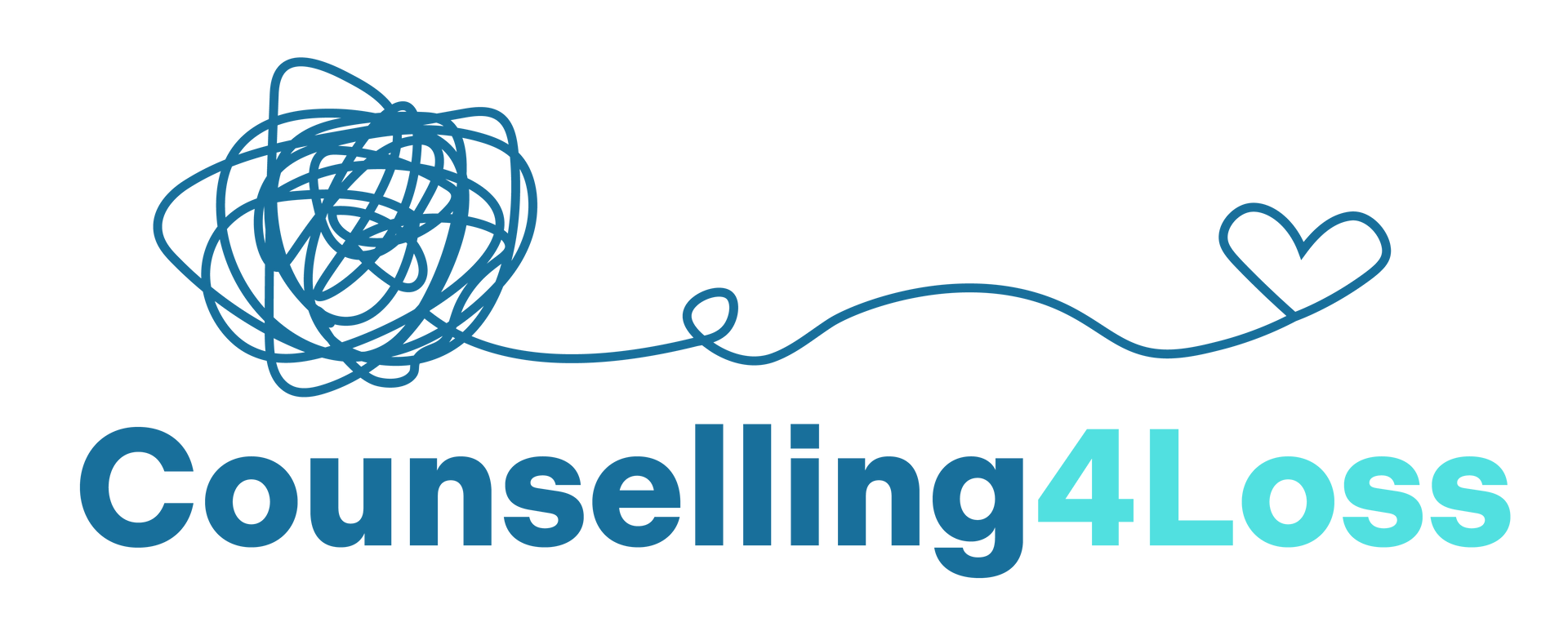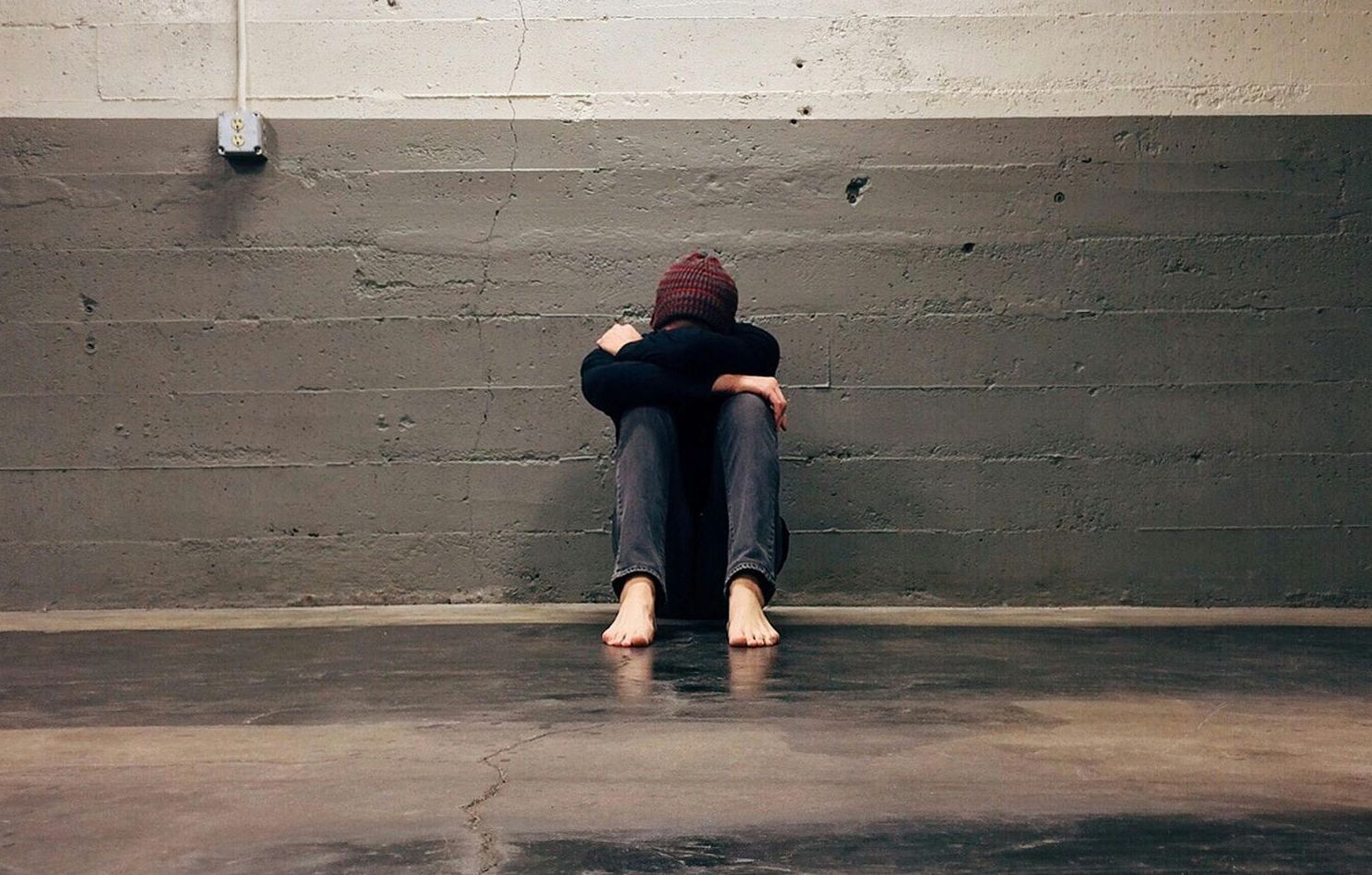By Anne
•
July 14, 2025
Grief can feel like an overwhelming wave, crashing over us and leaving us gasping for breath. In times of heartache, we often struggle to find direction, yearning for solace amid the shock and confusion. In this article, we explore the intricacies of grief, from the raw emotions that accompany it to the healing power of counselling and community. Whether you are navigating your own sorrow or supporting a loved one through their darkest days, this guide provides practical tools and insights to foster resilience and hope. Together, we will uncover the profound strength that emerges from vulnerability and learn how grief counselling can transform heartache into a pathway for healing. Embrace this journey and discover how to honour your feelings while slowly reclaiming joy in life amidst loss. Understanding Grief: The Emotional Response Grief is an inevitable part of the human experience, a profound emotional response to loss that can encompass a wide range of feelings. It can strike suddenly, leaving us reeling from the shock, or it can seep in gradually, as the reality of our loss slowly settles in. The emotions associated with grief are often complex and multifaceted, including sadness, anger, confusion, guilt, and sometimes even relief. These feelings can fluctuate unpredictably, making the process of grieving seem chaotic and unmanageable. One of the most challenging aspects of grief is its deeply personal nature. No two people grieve in the same way, and the intensity and duration of grief can vary greatly from one individual to another due to the circumstances and type of loss being experienced. Some may find themselves consumed by sorrow, unable to focus on anything else, while others might experience a quiet, persistent ache. It's important to acknowledge that all these responses are valid and that there is no "right" way to grieve. Understanding this can help us be more compassionate with ourselves and others as we navigate this difficult journey. Moreover, grief is not limited to the loss of a loved one; it can also be triggered by other significant life changes, such as the end of a relationship, the loss of a job, or the decline of one's health. Recognising the wide range of experiences that can elicit grief allows us to better empathise with those around us and to seek support when we need it. By understanding the emotional landscape of grief, we can begin to find our way through the darkness and towards healing. The Importance of Grief Counselling Grief counselling plays a crucial role in helping individuals process their emotions and find a path forward after a loss. While friends and family can provide invaluable support, a professional counsellor offers a safe and structured environment where individuals can explore their feelings without fear of judgment. Counsellors are trained to help clients navigate the complexities of grief, providing tools and techniques to cope with the intense emotions that arise. One of the key benefits of grief counselling is the opportunity to gain a deeper understanding of one's own grief experience. Counsellors can help individuals identify and articulate their emotions, which can be a significant step towards healing. By discussing their experiences in a supportive setting, clients can begin to make sense of their loss or losses and find meaning in their pain. This process of self-discovery and reflection can be incredibly empowering, helping individuals regain a sense of control over their lives. Furthermore, grief counselling can help individuals develop practical coping strategies to manage their day-to-day lives. This might include learning relaxation techniques to reduce anxiety, creating a routine to provide structure, or finding healthy outlets for expressing emotions. The guidance and support offered by a grief counsellor can make a profound difference in one's ability to navigate the challenges of grief and move towards a place of acceptance and hope. Common Myths About Grief There are many misconceptions about grief that can hinder the healing process and prevent individuals from seeking the help they need. One common myth is that grief occurs in five distinct stages that everyone must go through. The five stages of grief described by Kübler-Ross and Kessler (2014) are actually coping mechanisms or processes that assist with surviving a loss. While the concept of stages can be helpful for some, it is important to recognise that grief is not linear nor a one-size-fits-all experience. Each person's journey through grief is unique, and it may not fit neatly into any prescribed framework. Another prevalent myth is the idea that there is a set timeline for grieving. Society often places pressure on individuals to "move on" or "get over" their loss within a certain period. (Read our article on pet loss to learn more on this topic). Grief has no expiration date, and it is perfectly normal for feelings of sadness and longing to resurface even years after a loss. Accepting that grief is a lifelong process can help individuals be more patient with themselves and others as they navigate their emotions. Additionally, there is a misconception that grief should be kept private and that expressing emotions openly is a sign of weakness. Sharing one's feelings and seeking support is a crucial part of the healing process. Bottling up emotions can lead to increased stress and mental health issues, while talking about one's experiences can provide relief and foster connection with others who understand. Dispelling these myths about grief can create a more compassionate and supportive environment for those who are grieving. How to Choose the Right Grief Counsellor Selecting the right grief counsellor is a critical step in the healing process, as the therapeutic relationship plays a significant role in the effectiveness of counselling. The first consideration should be the counsellor's qualifications and experience. Look for a registered professional with ACA or PACFA who has specialised training in grief counselling or a related field. It can also be very helpful to seek out a counsellor who has lived experience of grief and loss and/or experience working with the specific type of loss you are experiencing, whether it be the death of a loved one, divorce, or another significant life change. Personal compatibility is another important factor to consider when choosing a grief counsellor. The therapeutic relationship is built on trust and rapport, so it is essential to find a counsellor with whom you feel comfortable and understood. Initial consultations or interviews can be a good opportunity to gauge whether a counsellor's style and personality are a good fit for you. Don't be afraid to ask questions about their approach and how they plan to support you in your grief journey. Finally, practical considerations such as location, availability, and cost should also be taken into account. Finding a counsellor who is accessible and affordable can reduce additional stress and make it easier to commit to regular sessions. Whilst counsellors in Australia cannot provide Medicare rebates to clients, the cost of a one-hour counselling session is typically similar or less than the rebate received from Medicare after seeing a psychologist. Clients also do not need to visit a GP to obtain a referral to a counsellor and counsellors have shorter waiting lists. Ultimately, the right grief counsellor is one who meets your needs and provides a safe, supportive space for healing. The Role of Support Groups in Healing Grief Support groups can be an invaluable resource for individuals navigating the complexities of grief. These groups provide a sense of community and connection, allowing participants to share their experiences with others who understand what they are going through. This sense of belonging can be incredibly comforting, especially for those who feel isolated or misunderstood by those around them. One of the primary benefits of support groups is the opportunity to hear different perspectives on grief and loss. Listening to others' stories can provide new insights and coping strategies, as well as reassurance that you are not alone in your feelings. Support groups often foster a sense of hope and resilience, as members witness each other's progress and healing over time. This collective support can be a powerful motivator in one's own grief journey. Additionally, support groups offer a structured environment where individuals can express their emotions and receive validation from others. Facilitated by trained professionals, these groups provide a safe space for open and honest discussions about grief. This can help participants process their emotions more effectively and reduce feelings of sadness and loneliness. By participating in a support group, individuals can find strength in numbers and gain the support they need to move forward (see out FAQ’s to find out more about our Group Support). Coping Strategies for Dealing with Grief Coping with grief requires a multifaceted approach, as the emotional and physical toll of loss can be overwhelming. One effective strategy is to establish a routine, which can provide a sense of stability and normalcy amidst the chaos of grief. Simple daily activities, such as exercise, meal planning, and maintaining a regular sleep schedule, can help ground you and create a sense of order in your life. Another important aspect of coping with grief is finding healthy ways to express your emotions. This might include writing in a journal, engaging in creative activities like painting or music, or talking to a trusted friend or therapist. Allowing yourself to feel and express your emotions can prevent them from building up and leading to more severe mental health issues. It's essential to be gentle with yourself and give yourself permission to grieve in whatever way feels right for you. Self-care is also a crucial component of coping with grief. This involves taking care of your physical, emotional, and mental well-being. Simple practices like eating nutritious meals, getting regular exercise, and practicing mindfulness or meditation can have a significant impact on your overall health. Additionally, engaging in activities that bring you joy and comfort, such as spending time in nature or pursuing a hobby, can provide a much-needed respite from the intensity of grief. By incorporating these coping strategies into your daily life, you can create a foundation for healing and resilience. The Impact of Grief on Mental Health Grief can have a profound impact on mental health, often exacerbating or triggering conditions such as depression, anxiety, and post-traumatic stress disorder (PTSD). The intense emotions associated with grief, including sadness, anger, and guilt, can be overwhelming and difficult to manage. For some individuals, these feelings can lead to a persistent state of despair and hopelessness, significantly affecting their ability to function in daily life. Anxiety is another common mental health issue that can arise during the grieving process. The uncertainty and fear of facing a future without a loved one can create a heightened sense of anxiety, making it difficult to focus or perform everyday tasks. Physical symptoms, such as restlessness, fatigue, and difficulty sleeping, often accompany this heightened anxiety, further impacting one's overall well-being. In some cases, grief can lead to more severe mental health conditions, such as complicated grief or PTSD. Complicated grief is characterised by an intense and prolonged period of mourning that interferes with an individual's ability to move forward. PTSD can develop in response to a traumatic loss, resulting in flashbacks, nightmares, and severe emotional distress. It is crucial for individuals experiencing prolonged grief symptoms to seek professional help, as early intervention can significantly improve outcomes. By addressing the mental health impacts of grief, individuals can better navigate their emotions and work towards healing. Moving Forward: Finding Hope After Loss Moving forward after a significant loss is a deeply personal and often challenging journey. It involves finding a way to live with the pain of grief while also embracing the possibility of joy and fulfilment. One of the first steps in this process is to acknowledge and accept the reality of the loss. This can be incredibly difficult, but it is a crucial part of healing. By allowing yourself to fully experience your emotions, you can begin to integrate the loss into your life and find a new sense of normalcy. Finding hope after loss often involves creating new meaning and purpose in your life. This might include honoring the memory of your loved one through rituals or activities that celebrate their life and legacy. It could also involve pursuing new interests or goals that bring you a sense of accomplishment and joy. Engaging in activities that align with your values and passions can help you reconnect with yourself and the world around you. Finally, it is important to cultivate a support system of friends, family, and professionals who can provide encouragement and guidance as you move forward. Surrounding yourself with people who understand and validate your feelings can make a significant difference in your healing process. Remember that finding hope after loss is not about forgetting or moving on from your loved one, but rather about integrating the experience of grief into your life in a way that allows you to continue growing and thriving. By embracing this journey, you can discover newfound strength and resilience and ultimately reclaim a sense of joy and purpose in your life. Reference E. Kübler-Ross & D. Kessler. (2014). On Grief and Grieving. Finding the Meaning of Grief through the Five Stages of Loss.








